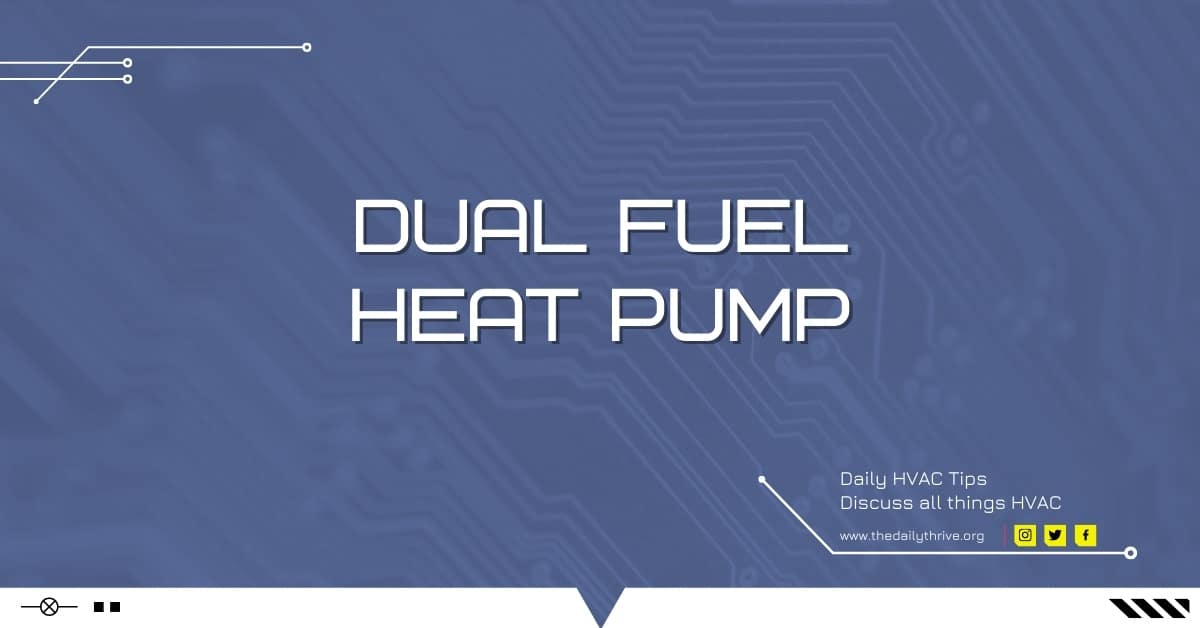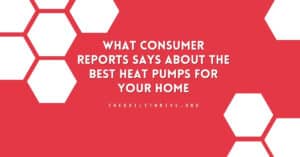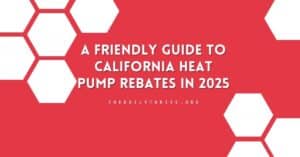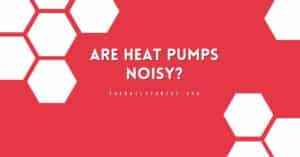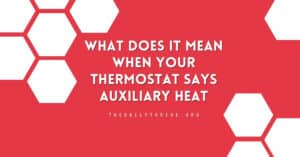How familiar with dual-fuel heat pumps are you? Known as one of the most misunderstood home improvement options, dual fuel heat pumps often remain a complete mystery to homeowners. That doesn’t mean they are rare; in fact, 1 out of every 3 homes has one installed.
Dual fuel heat pumps have been used for decades in order to both heat and cool homes. By installing one, you could qualify for tax credits and save money, especially if you live in a region with mild winters. Dual heat pumps are great at what they do as long as you don’t rely on them when the weather dips below freezing, in which case they become inefficient and a bit costly to operate.
Is a dual fuel heat pump the right home improvement project for you? Here we detail how they work and questions to consider before having one installed.
How Does A Dual Fuel Heat Pump Work?
Dual fuel heat pumps are attached to your furnace and work very similarly to a high-efficiency central AC. When the weather gets a bit cooler, they also work to pump heat throughout your home. Yet, when the temperature reaches below 30 degrees, the fuel heat pump kicks off and sets the furnace into gear.
Dual Fuel heating system are capable of creating cool and warm air using the same basic process as a switchover valve. During cooler seasons like fall and spring, when the weather is cold but not freezing, heat pumps are able to create warm air and distribute it throughout your home.
The heat pump operates by running hot refrigerant through the AC coils located within the attached furnace. The cool air in your home is sucked in and then run over these coils using specially placed fans. This makes the cool air turn warm before it is sent back throughout your home.
If you want to use your heat pump as an AC, the same process occurs only the coils are cold, so that air is cooled when it is run over the coils and then redistributed throughout your home.
When the temperature is relatively mild, the heat pump costs a lot less to use than your furnace. Even if it feels cool outside and inside, there is a generous amount of heat that can be taken from the air and transported into your home. A furnace generates hot air, which takes a lot more energy than simply transporting warm or cool air, as a heat pump does. When used correctly, a good heat pumps can create 300% more energy than they require.
Cost of Dual Fuel Heat Pump
A dual fuel heat pump does tend to cost about 20-25% more than installing an A/C, although, within about five years, it is known to pay for itself in savings. Because of their energy-efficient nature, tax credits and rebates may be available if you install a dual fuel heat pump.
Is A Heat Pump A Practical Addition To Your Home?
With energy-saving opportunities and tax credits, you might be more curious than ever if a duel heat pump is a good investment for your home. To help you determine the right answer, here are a few things to consider:
How energy efficient is your current central AC and heating system?
While all brands use slightly different technology, you can compare efficiency through the Seasonal Efficiency Ratio all systems come standard with. The higher this number is, the more efficient the machine is. As little as a 2-point change can reduce your costs to cool your home by up to 15%. Energy Star appliances are at least 8% more efficient than older or standard models.
Is your current furnace properly sized for your home?
Not all furnaces are installed in the correct size. Even if your furnace was originally sized right for your home, if you have made any home improvements such as new windows, insulation, or other additions, your current furnace may no longer be as efficient. Talking to an installer can help you determine how efficient your furnace is operating, more so than simply looking at the label on your device.
How much does dual-fuel heat pump electricity cost in your area?
If you have lower natural gas rates and higher electrical rates, the savings will not show up as quickly. An installation expert can help you determine a cost analysis comparison to see how much your expenses will be in comparison to your overall potential savings.
How old is your current furnace?
Newer furnace models are equipped to hook up with dual-fuel heat pumps, but older furnaces do not have the same capabilities to work with a switch-hitting system. If you have to install a new furnace before a dual-fuel heat pump, this will add to your overall costs considerably.
